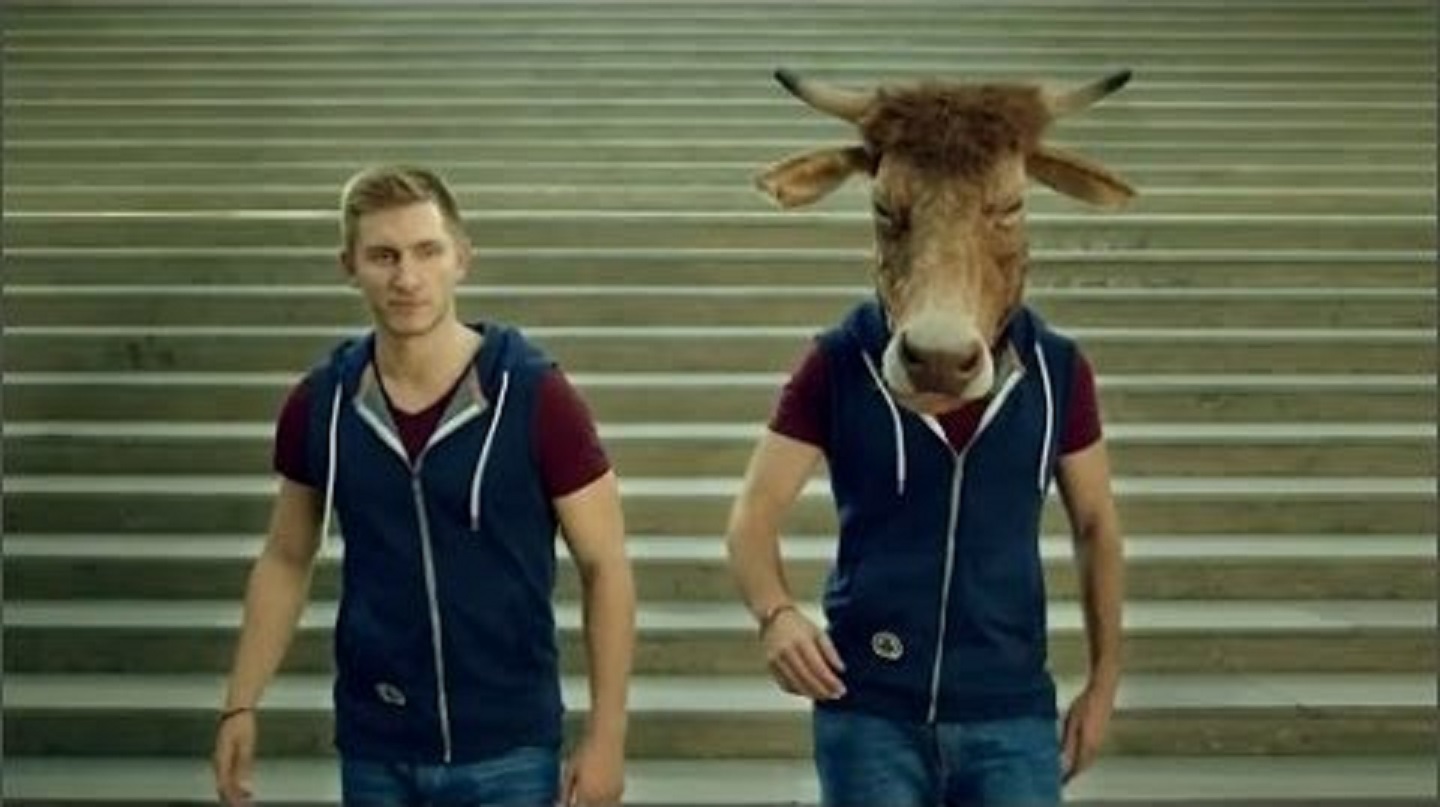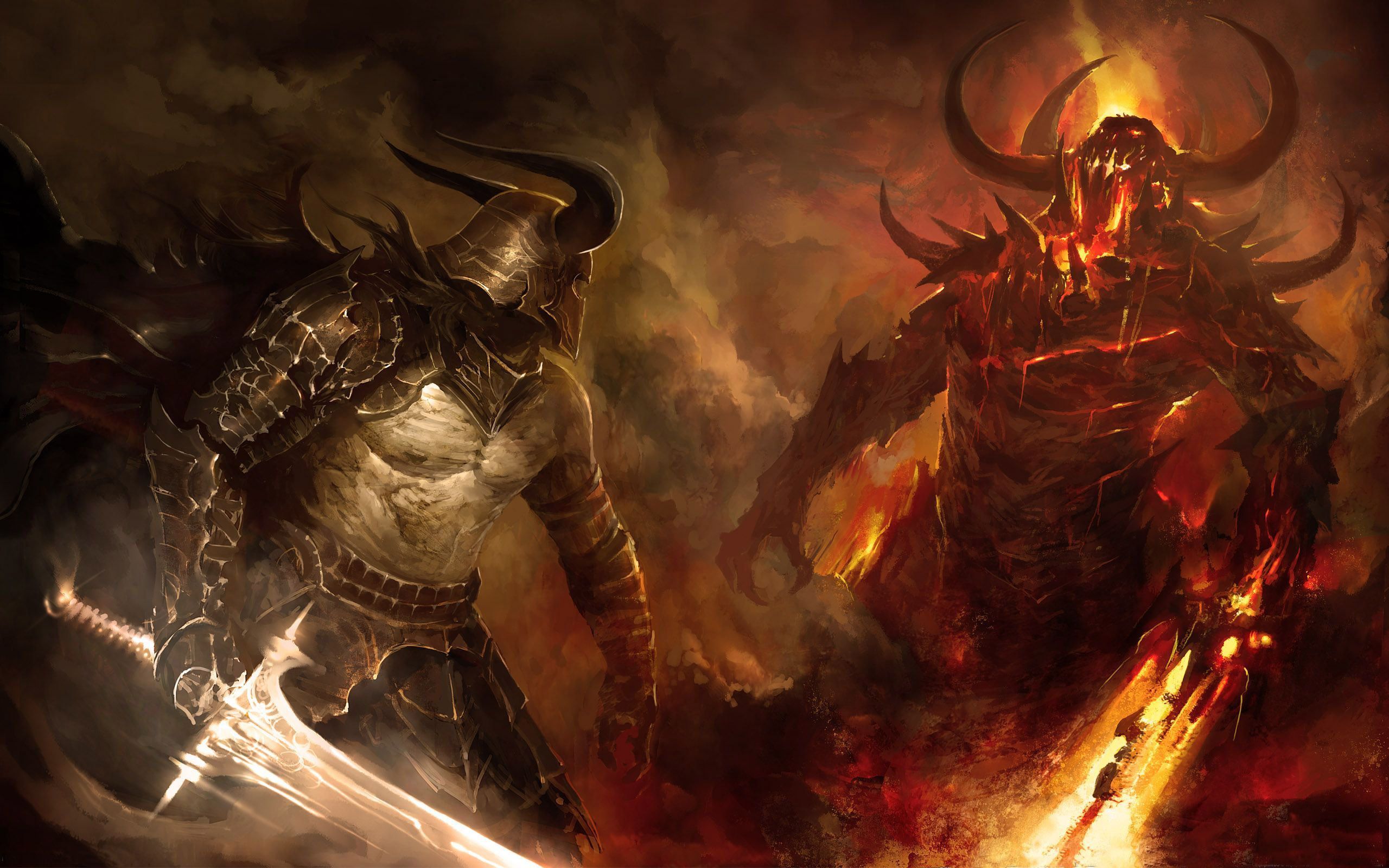The astonishing thing about the state of passive identification (which is the state of being which we all mostly exist in) is that whatever we identify with we straightaway become oblivious of, unaware of. Whatever we passively identify with, in other words, we can’t see.
So whatever we identify with straightaway becomes invisible to us. The position we identify with straightaway becomes invisible to us because we are using this position to see everything with, and the position can’t see it itself. We could equally well say that when we make an assumption we can’t see what it is that we have assumed – if I could see my assumption it wouldn’t be an assumption! An assumption is something that we take totally for granted in order that we might proceed with whatever we’re doing. The point of the exercise is not to see the assumption but to see what the world looks like when we see it on the basis of this assumption…
The point is therefore that when we identify with some random set of biases, some arbitrary position or other, then we see everything on this basis. Following the act of identification this becomes the only way we have of seeing things – we have lost all other possible ways of seeing the world. This is what passive identification is all about – it is the loss of all other ways of seeing the world other than the one that has been given, the one that has been officially specified. Following this loss of freedom our situation is like that of a man who has a new theory and who runs around seeing everything in terms of it. Everything is now seen in a different way, in a different light. Everything is now explained in terms of the theory and this business of ‘explaining the world’ becomes so exciting that he quite loses sight of the possibility that theory he’s using may not be in the least bit valid. Or we could say that our situation is like someone who has put on a pair of tinted sun glasses and immediately proceeds to forget that they have done so, and who runs around for the next while seeing the world in this particular colour, with this particular tint to it, and thinking that this is how the world actually is.
This is our situation when we are in the passively identified modality of being. We go around seeing the world in a particular way without realizing that we are seeing the world in ‘a particular way’. We have made a whopping great assumption about things and have quite forgotten that we have made this assumption. The assumption has become the last thing that we will see. We don’t see the world as it is in itself but ‘as it appears to be to someone who has made this particular assumption about it’. If we knew that this was what we were doing then this would be one thing – this would be what we could call a ‘conscious experiment’ in seeing the world in a particular way. But the point that we’re making is that we don’t know what we’re doing. We’re very far indeed from knowing what we’re doing. We couldn’t be any further from knowing! When I make a particular assumption about the world I don’t go around saying “I have made such-and-such an assumption.” I don’t go around saying this at all. I don’t go around saying this because I don’t know that have done. I don’t know that I have made an assumption in the first place, never mind knowing what type of an assumption it might be!
To identify with a position or with a set of biases is not to know that we have done so. Everyday life is therefore what we could call an ‘unconscious experiment’ –
We are experimenting with seeing what the world looks like, feels like, when are seeing it, experiencing it, from a particular limited standpoint, but without knowing that we are seeing it and experiencing it only from a particular limited standpoint.
We have embarked upon the experiment without knowing that we have done so – we have unconsciously embarked upon the experiment. At the same time as embarking upon the experiment we lost the capacity to see that we have done so. Part of the experiment is not knowing that we are involved in it – in fact we could say that this is not just part of the experiment but the whole of it! That’s what the experiment is all about – not knowing that there is an experiment!
This is like an ethnographic researcher who is involved in doing some research into a particular tribe, a particular subculture. It doesn’t matter what the tribe is, what the subculture is – you could be studying a group of football supporters or you could be supporting a group of Jehovah’s Witnesses, it doesn’t matter. You could be researching the prison officers working in HMP Wormwood Scrubs or a firm of South London gangsters. Whatever subculture or tribe you are studying, in order to conduct your ethnographic research you need to lose your ‘academic researcher-type identity’ and become a passable member of the group you are studying. You need to step entirely into their shoes; you need to drop your prejudices and see life and live life as they see it. You need to stop being an ‘external observer’ (which necessarily distorts and falsifies the thing that is being observed) and become one of the people you want to know about. This is your brief.
As a rule ethnographic researchers remember that they are ethnographic researchers but we’re looking at the situation that would ensue if the researcher happened to forget this all-important fact. We’re looking at the unconscious ethnographic researcher! In this case what has happened is that you have got into role so effectively, so thoroughly, so enthusiastically that you have quite lost sight of what the point to the whole exercise was. You have thrown yourself into the job of ‘being like the people you are studying’ that you have forgotten that this actually is your job!
Needless to say, when you forget about the actual point of the exercise then this changes everything dramatically. Unconscious ethnographic research is a different story entirely. It’s not the same thing at all. We can say that you are in this case an ‘unconscious ethnographic researcher’ but this impressive-sounding title is a bit of a joke when it comes right down to it because there is no research going on. There is no more research going on with you as unconscious researcher ‘on the scene’ than there was before you got here! It’s a ‘null operation’… Because you have adapted so well to the tribe, to the subculture that you are researching there is no researcher there. You’ve ‘gone native’ – as the trained, diligent and professionally disinterested ethnographic researcher that you were, you no longer exist…
This is exactly what happens when we fall into the state of passive identification. We – as ourselves – don’t exist anymore. There is no researcher. There is no research going on. There is no experiment going on. There is no ‘consciousness’ – no light to shine on the darkness. Everything we see once we have identified haphazardly with some random set of biases, some arbitrary point of view, is seen in terms of these biases, in terms of the point of view, and yet we don’t know that we have randomly adopted these biases, that we have haphazardly aligned ourselves with this arbitrary point of view. We don’t know what our biases are, we don’t know what our position is. We don’t know what our viewpoint is because we have adapted ourselves to it. It is invisible to us because we have adapted to it. We no longer have the capacity to look at the viewpoint that we have identified with – we are profoundly oblivious to its nature. We don’t know that we have made an assumption, far less what that assumption might be! And yet even though we don’t know what the assumption is that we have so haphazardly made, we nevertheless see the world in terms of it.
This is a very curious thing to reflect on. It is very curious indeed. I have made an assumption and then having made it I see everything in terms of this assumption, and yet I have absolutely no awareness of what this assumption is, nor even that I have made an assumption in the first place. So what’s going on here? What kind of a situation is this? What exactly does it mean to be in this situation?
Image – Playground AI





Saša
Wonderful post on identification, this one. 🙂 Reminds me so much of M. Nicoll’s ingenious explanations. And we identify with our feelings and bodies in the much same manner and to the same extant…
Saša
I mean “extent” not “extant”, sorry.